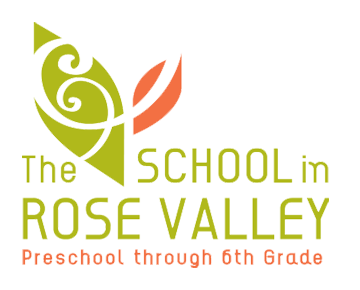Music
Special Programs The Music Program at SRV is largely based on the Orff-Schulwerk approach to music education. Orff-Schulwerk was developed by Carl Orff, a German composer, conductor, and educator whose most famous composition is the oratorio “Carmina Burana.” Using the Orff approach, students learn about rhythm, melody, harmony, texture, form and other elements of music. Students learn these concepts by speaking, chanting, singing, dancing, moving, acting, and playing instruments. These learned concepts become springboards for further creative pursuits such as improvisation or composing their own music. Orff-Schulwerk builds on a child’s natural sense of play and the teacher empowers students to create and and be successful within parameters.
The Music Program at SRV is largely based on the Orff-Schulwerk approach to music education. Orff-Schulwerk was developed by Carl Orff, a German composer, conductor, and educator whose most famous composition is the oratorio “Carmina Burana.” Using the Orff approach, students learn about rhythm, melody, harmony, texture, form and other elements of music. Students learn these concepts by speaking, chanting, singing, dancing, moving, acting, and playing instruments. These learned concepts become springboards for further creative pursuits such as improvisation or composing their own music. Orff-Schulwerk builds on a child’s natural sense of play and the teacher empowers students to create and and be successful within parameters.
SRV is fortunate to have a full Orff Instrumentarium comprised of xylophones, metallophones, glockenspiels, and other barred instruments in addition to untuned percussion instruments such as maracas, claves, triangles, tambourines, and hand drums.




